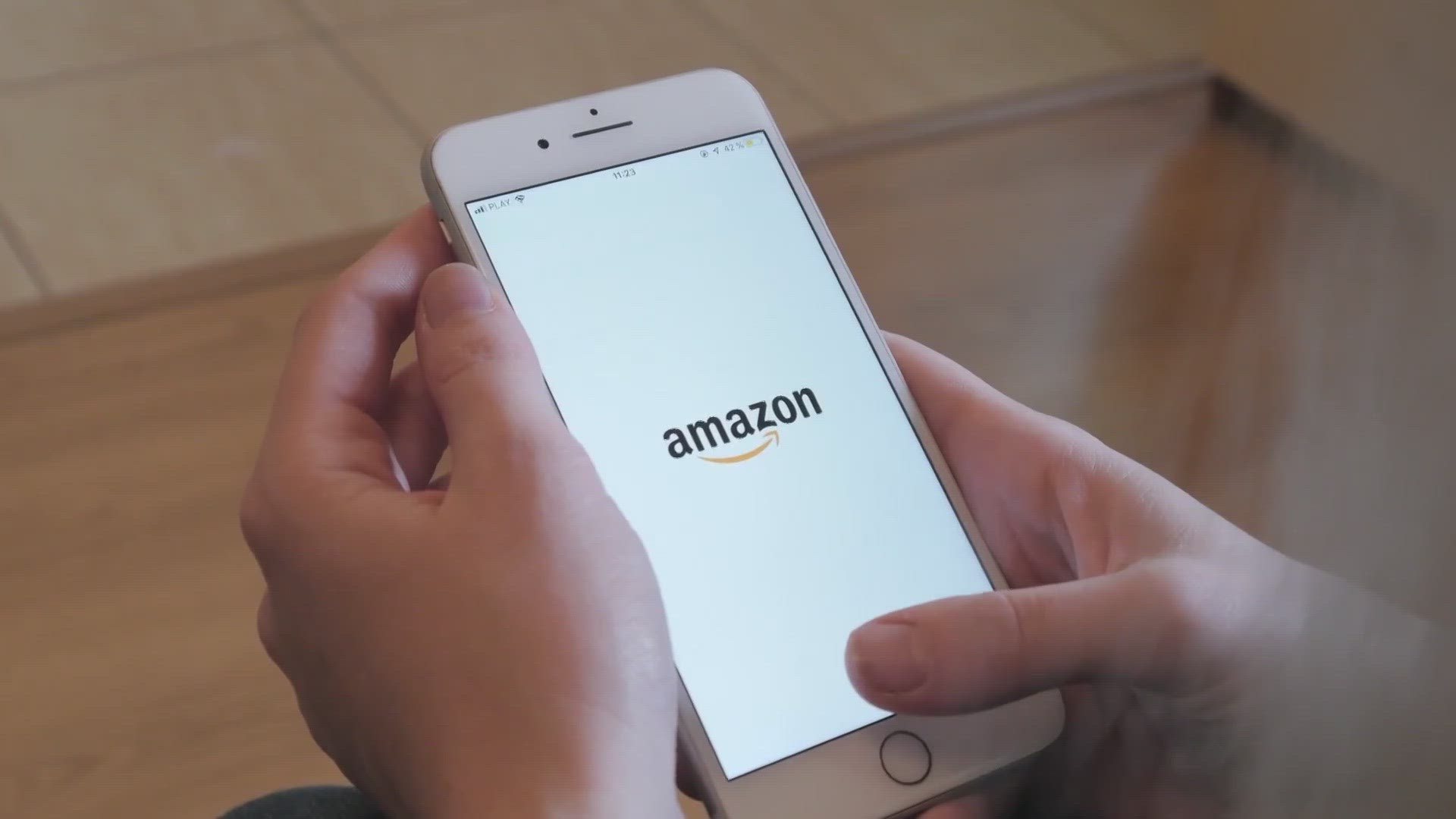SAN ANTONIO — You are likely one of the 200 million people who have an Amazon Prime account or shop at the online retailer. That makes you an easy target for scammers impersonating it.
“If you’re the average American, you are probably shopping at Amazon a lot,” said Jason Zirkle, the training director for the Association of Certified Fraud Examiners. “We routinely buy things, day-to-day things, from Amazon so we are constantly getting text messages, getting emails from Amazon. That’s a great way for a scammer to get in there and send you a scam text or email.”
Protect yourself by knowing how Amazon will contact you. It will never ask you to install an app or download software to get a refund or help from customer service. You will never be asked to pay over the phone.
The standard scammer script goes a lot like this:
“We think you ordered this iPad,” said Scott Knapp, the director of worldwide buyer risk prevention for Amazon. “If this isn’t you, you need to contact us right now before we charge your card. That’s the play for these fake order scams is they just want to get the customer to engage somehow and then they try to extract information. Hey, give us your credit card information so we can ensure that you don’t get charged. Then suddenly a lot of bad things start happening.”
Instead, verify your purchases by checking the “Your Orders” page online or in the app. It will stop you from giving sensitive personal and financial information to a scammer.
Watch out for urgency. Amazon will not pressure you to do something immediately.
“We (scammers) already pretended to be somebody you trust,” Knapp said. “If we (scammers) can make you feel there’s an emergency of some kind, it makes you much more vulnerable. So if I could tell consumers just to be aware of that and take a pause. If it doesn’t seem right, take a breath and see is this really something so urgent? Then start leaning on things that you can trust. From an Amazon perspective, I’d say you can trust our website or our mobile app or our world-class customer service, but go reach out to those things directly versus some link that got sent to you.”
"If you receive a link that says it's from Amazon, don't click it," Zirkle said. "Go pull up the Amazon app or go to Amazon.com and then contact customer support and ask them about the link."
Amazon said it is proactively trying to stop scammers. It took down 20,000 phishing websites and 10,000 phone numbers last year. It also referred 100s of bad actors to law enforcement to ensure scammers are held accountable.
If you get a suspicious communication, report it to Amazon, or email stop-spoofing@amazon.com.

